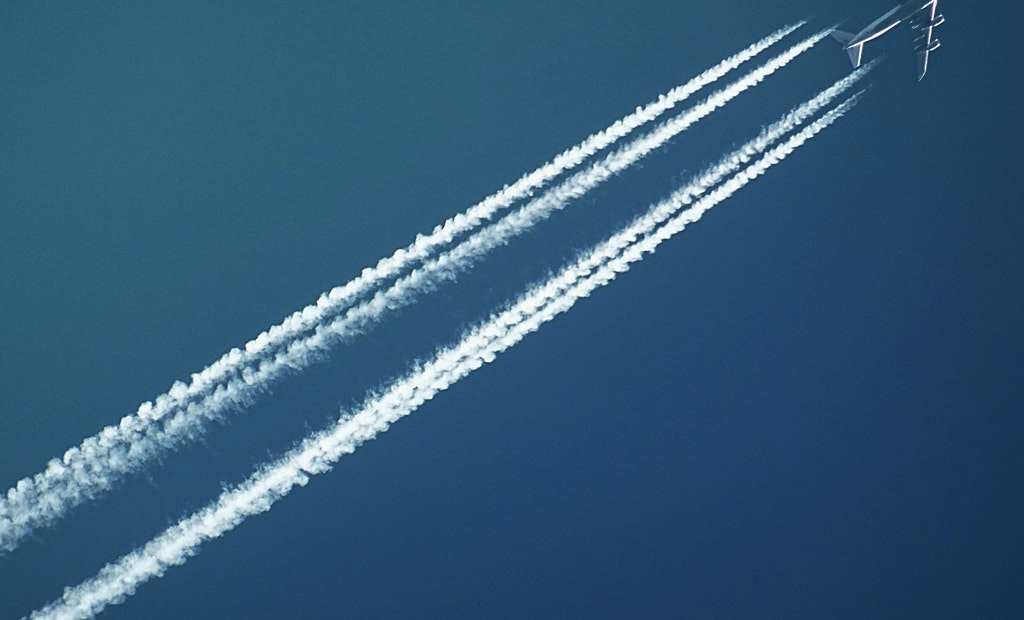MIT study warns Heathrow third runway would treble air pollution deaths

The construction of a third runaway at Heathrow airport could treble the number of premature deaths from air pollution by 2030, an academic study undertaken by MIT has concluded.
The study also indicated that a similar conclusion would also be reached even if the airport did not expand, as the number of flights is likely to increase in the future and equally affect air pollution levels.
The research, to be published next week, was carried out by the Laboratory for Aviation and Environment at Massachusetts Institute of Technology (MIT), directed by Professor Steven Barrett. It is the first time that health consequences of aircraft fumes at major British airports have been studied in such depth.
Professor Barrett said: “Because of the prevailing winds in the UK, emissions tend to get blown over the whole of London. An airport in the Thames estuary is well away from any major conurbation, and the prevailing winds would carry pollution out over the English Channel and North Sea.”
Based on 2005 data, researchers concluded that British airports cause 110 deaths each year due to lung cancer and cardiopulmonary diseases, 50 of which are provoked by Heathrow alone. In the case of the construction of a third runaway, which would consequently mean a higher number of flights, the airport could be the cause of 150 early deaths.
American researchers also studied a second airport option, known as “Boris Island” after London mayor Boris Johnson who suggested the plans. This scenario would see the closure of Heathrow and the construction of a new hub in the Thames Estuary. This would save 60 lives UK-wide, but relocating the airport would not change the airport’s impact in terms of climate change and CO2 emissions from planes.
According to Barrett, many deaths could be avoided with simple changes such as plugging aircraft into the general airport supply in order to reduce emissions, or using desulphurised fuel, that would increase costs only by 2% while reducing its impact on health by 20%. Barrett added that “every death, represents an average of 10 years of lost life”.
A spokesman for the Department for Transport said: “Maintaining the UK’s status as a leading aviation hub is vital to our economy.”
“This is why we have set up an independent commission to look at all the options, which will naturally include an assessment of the environmental and social impacts of any proposal.“
Airport owner BAA’s spokesperson confirmed they are already taking “significant steps” to deal with air pollution, saying: “Aviation is a far smaller contributor to air pollution than road traffic, […] we subsidise local public transport so people can travel for free without the need for a car. We also charge airlines based on how green they are – so the cleanest aircraft are charged less to land at Heathrow.”
Annalisa Ratti























Facebook
Twitter
Instagram
YouTube
RSS